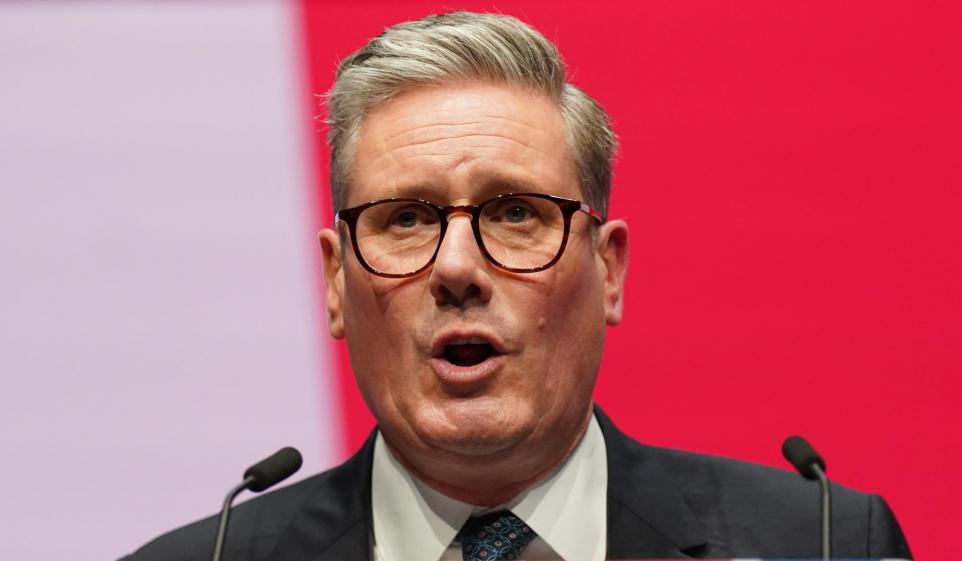British households are bracing for a second rise in council tax under the Labour government in 2025, this time to fund local policing, as pressure mounts on public finances and local services. The new development comes amid warnings that the burden is quietly being shifted to families already dealing with inflation, stagnant wages, and a stretched economy.
This latest increase will come in addition to the council tax hike introduced earlier this year when local authorities were permitted to raise average Band D bills by up to 5.0%. That change, which took effect in April 2025, saw the average Band D council tax rise from £2,171 in 2024–25 to £2,280 in 2025–26. The increase included a 3% standard cap and an optional 2% adult social care precept, with most councils (about 88%) applying the full allowable rate.
Now, a second wave of increases is being prepared—this time linked directly to the funding of police services. According to Treasury documents and the 2025 Spending Review, the Government anticipates that local police funding will be bolstered by council tax precepts, rather than new central government investment.
Home Office Budget Cuts Trigger Funding Shift
At the core of the issue is a planned 1.4% annual cut to the Home Office budget from 2025–26 through 2028–29. This places additional strain on police funding, which has historically depended on a combination of central grants and local council tax contributions.
Chancellor Rachel Reeves defended the overall spending package, saying, “In place of chaos, I choose stability. In place of decline, I choose investment. In place of pessimism, division and defeatism, I choose national renewal.” While she unveiled record investments in health, social housing, and regional infrastructure—including £29 billion for the NHS, £39 billion for affordable homes, and £86 billion for tech and science, the Home Office saw less favorable treatment.
Despite the cuts, the Chancellor claimed that “police spending power” will still increase by 2.3%—a statement that analysts argue hides the real mechanism: higher local taxation.
Council Tax: The Backdoor Tax Rise?
Documents from the Treasury clarify that this boost in “spending power” is based on “additional income, including estimated funding from the police council tax precept.” In plain terms, this means local councils will once again be asked to raise council tax to meet national policing goals.
Paul Johnson, Director of the Institute for Fiscal Studies, wrote:
“Note wording on police funding. Increase in ‘spending power’. Implies that higher precepts from local taxes will play their part.”
The opposition has wasted no time in criticizing this fiscal strategy. Sir Mel Stride, the Shadow Chancellor, accused Reeves of being a “spend now, tax later” Chancellor, warning of further tax hikes in the autumn.
“This is the spend now, tax later review,” he said. “The Chancellor knows she will need to come back here with yet more taxes, and a cruel summer of speculation awaits.”
What This Means for Households
According to the Liberal Democrats, families in Band D households could face a £395 council tax hike by 2028/29, with an additional £14 annually specifically to fund local police. With the current average bill at £2,280, this would bring it close to £2,675 by the end of the forecast period.
For Band H properties, the rise could be even steeper—crossing the £5,350 threshold, according to projections.
Lisa Smart, Liberal Democrat Home Affairs Spokesperson, said:
“The Government is relying on a hidden council tax bombshell to fund their half-hearted rise in police funding. Local communities deserve better than this sleight of hand.”
She added: “After years of neglect under the Conservatives, we expected a real investment in frontline policing—not a financial handover to overstretched local councils.”
What’s Next?
The exact scale of the increase will be revealed in a separate police funding settlement due in the autumn, but the direction is clear: local authorities are being asked to pick up more of the cost burden for essential public services.
For now, residents across England and Wales should prepare for a second council tax increase—this time in the name of public safety.



